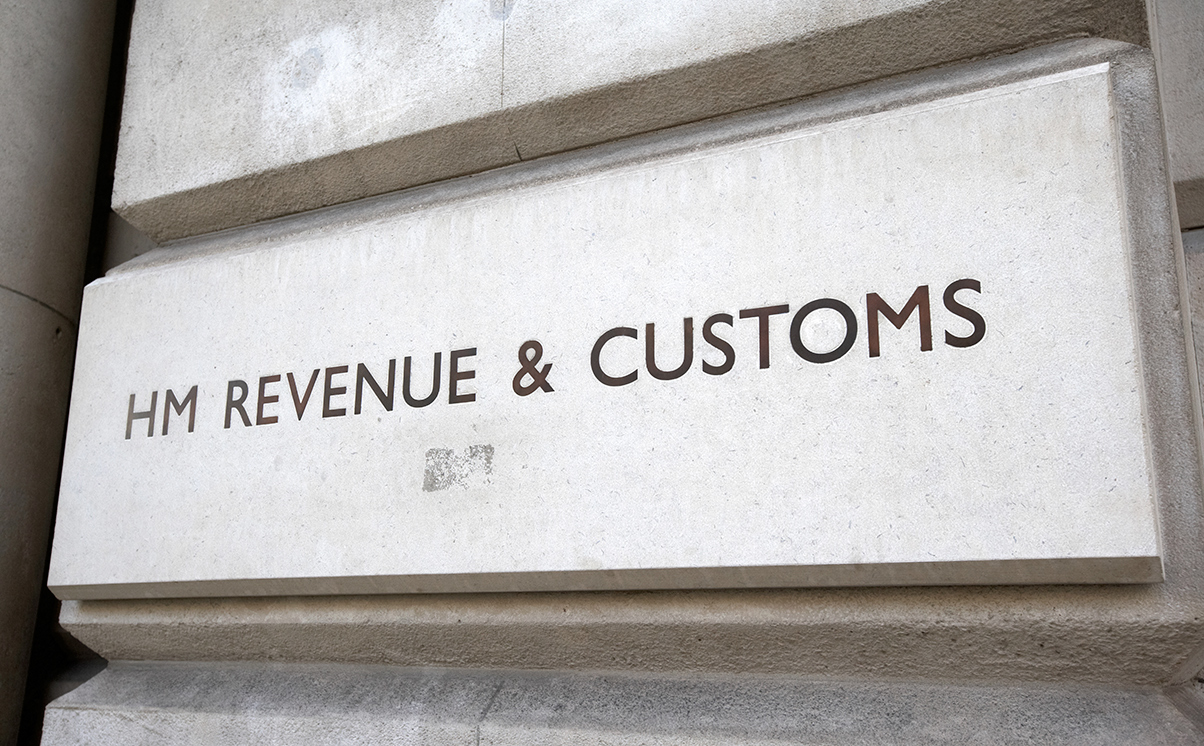The First-tier Tribunal (Tax Chamber) (FTT) recently found that payment for a bundle of telecoms and ancillary services, which are available to the consumer for a set period, is a single supply of telecoms subject to VAT upon payment of the price rather than when the telecoms are used, as argued by mobile virtual network operator (MVNO) Lycamobile.
Giles Salmond, partner in our Tax Litigation and Resolution team, explained the decision in a long read article in the 13 September edition of Tax Journal. An abridged version follows here.
What did the FTT decide?
The FTT considered whether Lycamobile should account for VAT on either:
- the full price paid for a “Plan Bundle” which permitted its customers access, for a set period, to telecommunications services (calls, data and texts) and sometime additional related services, as HMRC argued; or
- only to the extent that those services were actually used by those customers, as Lycamobile argued.
The VAT in dispute of approximately £51 million covered VAT return periods from July 2012 to August 2019.
The FTT rejected the appellant’s alternative argument that the consideration paid for the bundle of services was a voucher outside the scope of VAT, until the services were used. In this lengthy and complex decision, the FTT grappled with a variety of issues, including questions of time of supply, the voucher rules, the use and enjoyment provisions and whether, despite a lack of a proper legal basis to do so, a taxpayer can be required to make subsequent adjustments to VAT on the full price paid for the bundle of services depending upon the consumer’s use of those services outside the EU.
Background
Lycamobile sold credits to acquire either (i) telecoms services on a “pay-as-you-go” basis, or (ii) Plan Bundles lasting for a set period, usually 30 days. The VAT payable on the Plan Bundles was in dispute.
The FTT found an enormous variety of Plan Bundles giving access to data, telephone calls and texts (referred to as “Allowances”). Any unused Allowances at the expiry of the Plan Bundle period were lost. However, customers who acquired the services on a pay-as-you-go basis did not have a time limit by which to use the services.
So-called value-added services (“VAS”) were also accessible with some Plan Bundles. The FTT noted that the prices and the terms of the VAS were “slightly opaque”. However, it appears the VAS allowed consumers to use part of their Plan Bundle data or call allowance to access, for example, sports news, the right to make calls in non-EU countries, at no extra charge or the right to make international airtime transfers.
The FTT found there were three categories of Plan Bundle: Type 1, which did not include any VAS, Type 2, which did, and Type 3, which allowed customers during certain periods in addition to the Allowances to receive calls and texts in certain non-EU jurisdictions.
Lycamobile’s grounds of appeal
Lycamobile argued that activating a Plan Bundle was not chargeable to VAT because, at this time, it was not possible to identify the nature and extent of the services to be supplied with sufficient particularity. In addition, Lycamobile ran a fiscal neutrality argument on the basis that from the consumer’s perspective, there was functionally no difference between a Plan Bundle and top-up credits, which HMRC had accepted should be treated as vouchers.
The FTT distilled Lycamobile’s grounds of appeal into two issues. First, Lycamobile argued that no supply was made unless the customer had used services supplied in the Plan Bundle. As a result, the appellant should not be required to account for VAT on that part of the consideration for services that were never used. HMRC argued that VAT was due on the full price of the Plan Bundle paid by the customer (albeit as discussed further below) with an adjustment to reflect any use and enjoyment of telecommunications services used outside the EU, which were not subject to VAT.
The second issue (which only arose if HMRC was successful on the first issue) was whether a Plan Bundle was deemed to be a face-value voucher for the purposes of paragraph 4 of Schedule 10A to the Value Added Tax Act 1994 (the “Act”) for periods before 1 January 2019; or a multi-purpose voucher thereafter in accordance with paragraph 6 of Schedule 10B. This provided that VAT was only due when the voucher was used rather than on paying for it.
What did Lycamobile supply when it sold a Plan Bundle?
The appellant argued that there were two lines of case law authority:
- authority for the proposition that when a right was supplied, the supply of the right was the consumption of a service giving rise to VAT at that point; and
- authority for the principle that when a right was supplied, no supply occurred unless and until the right in question was exercised.
Lycamobile relied on caselaw including Air France – KLM & anor v Ministere des Finances et des Comptes publics [2016], BUPA Hospitals & anor v HMCE [2006] and MacDonald Resorts Limited v HMRC [2011]. The appellant also maintained that the acquisition of the Plan Bundle was not an end in and of itself but a preliminary transaction antecedent to obtaining services, which explained why the case law on composite or multiple supply was not relevant until it was known what was actually being supplied. On the appellant’s case, it was not until the customer used the services in the Plan Bundle that it was known what was actually being supplied. Doing otherwise, the appellant argued, would undermine the EU voucher rules.
The FTT rejected Lycamobile’s approach, noting that although the basic time of supply rules provides that VAT is due when goods or services are supplied, there are exceptions including when there is a payment in advance for those goods or services. The FTT concluded that the CJEU authorities show that before identifying the time of supply, it is necessary to identify the nature of the service, though acknowledged that there can be an overlap in the analysis between the time of supply and what is what is being supplied.
Decision on each Bundle Type
Considering whether the sale of the Type 1 Bundles was a “real supply” for which customers contracted in buying the Type 1 Bundles, or a preliminary step to the “real supply”, the FTT found that the right to use the services amounted to telecoms services and not merely a right to a future supply of telecoms services. The customer acquired “Allowances” when it purchased a Type 1 Bundle, but the FTT found that purchase of pay-as-you-go credits was equivalent to currency to be converted at a later stage, and were completely different from Plan Bundles, so the fiscal neutrality argument that Lymobile made that the VAT treatment of both methods of payment should have the same VAT consequences, fell away.
The FTT was able to reach the same conclusion in relation to the Type 2 Bundles and that they were in effect the same at the Type 1 Bundles. It said on the evidence that from the consumer’s perspective these amounted to a single composite supply of Allowances (being the principal element). The VAS, which were not referenced in the general or bundle specific terms and conditions, were ancillary and not an end in themselves or were merely a better means of enjoying the Allowances.
The FTT found that the Type 3 Bundles’ inclusion of all Allowances in specified non-EU countries was an important feature for customers (known as “Roam Like Home”), but that the right to use and enjoy telecommunication services outside the EU was ancillary to the general supply of telecoms. Nevertheless, despite the single supply analysis, it was necessary to give effect to the exercise of that right in determining the VAT consequences of the relevant supply rather than just lumping all the services together as if it gave rise to a supply of the right to use and enjoy those services in the UK. Because of the change in the place of supply rules, this only impacted the VAT analysis prior to 1 November 2017.
The FTT noted that in the Upper Tribunal decision in R (on the application of Telefonica Europe plc) v HMRC [2016] STC 1614 (at paragraphs [52] and [54]) the effective use and enjoyment provisions in paragraph 8 of Schedule 4A to the Act applied only to the extent that the relevant telecommunications services were actually used and not merely by having the ability to access them. On this basis, the Upper Tribunal determined that the time of supply rules differed from the place of supply rules, only so far as the use and enjoyment provision applied.
Can the VAT paid be subsequently adjusted?
The FTT concluded that HMRC’s analysis was correct that the use and enjoyment rules did not inform the nature and timing of the supply. However, the rule did not prevent the whole of the consideration paid for a Type 3 Bundle (being a supply made in the UK) being subject to VAT, but with a retrospective adjustment to the extent (if any) that the Allowances were effectively used and enjoyed in a relevant non-EU country.
The parties agreed there is no legislative basis either in the Principal VAT Directive (“PVD”) or the Act to reflect that any VAT chargeable on telecommunications services should be repaid following the time of supply to reflect the effective use and enjoyment in a county outside the EU. Despite this, the FTT said that it did not see any reason why Article 59a of the PVD (the use and enjoyment provision) and section 80(1) of the Act (repayment of overpaid VAT) should not apply in these circumstances to achieve the VAT adjustment retrospectively.
Nevertheless, the FTT proceeded on the basis its legislative analysis was wrong and that there was no basis in the European or domestic codes for a subsequent VAT adjustment. The FTT, although recognising that there is a general principle that VAT should be certain and foreseeable (see Halifax v HMCE [2006] STC 919 at [72]), concluded that the appellant’s analysis (that VAT was only due once the services was used and enjoyed) was wrong. The FTT had found that the sale of a Type 3 Bundle was a supply of telecommunications regardless of whether there had been any use and enjoyment. To find otherwise, the FFT said, would leave the unused services without a time of supply at all.
Conclusion
This is a fascinating case on how complex VAT can be in relation to what seem, on the face of it, simple supplies of telecoms and related services. How services are priced and sold can create tricky VAT problems. The FTT did not find this an easy case to analyse, and it may go further on appeal. If so, it will be interesting to see whether the higher courts conclude that the VAT system can operate, such that VAT can be retroactively adjusted without any clear legislative basis, as the FTT appears to have concluded.
You can find further information regarding our expertise, experience and team on our Tax Litigation and Resolution page.
If you require assistance from our team, please contact us.
Subscribe – In order to receive our news straight to your inbox, subscribe here. Our newsletters are sent no more than once a month.






